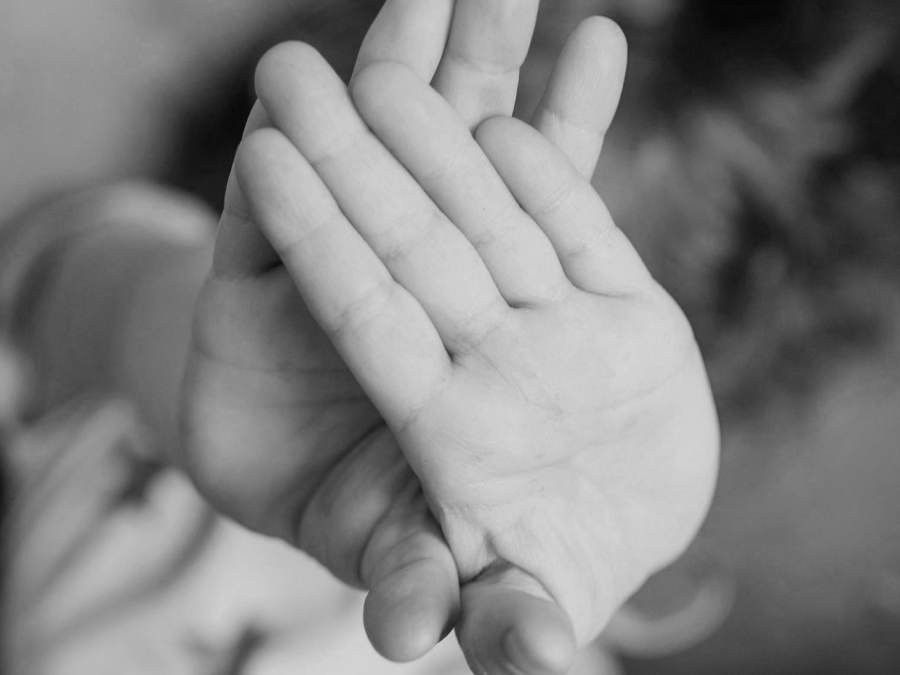Excessive discipline that harms child’s dignity is abuse — SC

MANILA, Philippines — While not all forms of physical discipline constitute child abuse, the Supreme Court said that excessive discipline should not harm a child’s dignity.
In a 14-page decision, the high court said the way children should be disciplined by their parents should not “be violent, excessive, or disproportionate to their misbehavior.”
“This Court held that the laying of hands against a child, when done in the spur of the moment and in the heat of anger, cannot be deemed as an act of child abuse, absent the offender's specific intent to debase, degrade, or demean the intrinsic worth and dignity of the child as a human being,” the court’s decision read.
The case, penned by Associate Justice Jhosep Lopez, was promulgated on July 22, 2024.
The case
The case stemmed from the conviction of a father, who was named XXX, who subjected his 12-year-old daughter and 10-year-old son to violent and excessive discipline between 2017 and 2018.
The father's actions included kicking his daughter, pulling her hair, striking them with a wooden rod, and hitting them with a dustpan. He also repeatedly cursed at his children.
XXX argued that these actions were intended to discipline his children for misbehavior, such as failing to eat lunch and losing money from their coin banks.
However, the lower courts found him guilty of violating Republic Act No. 7610, the Special Protection of Children Against Abuse, Exploitation and Discrimination Act.
This prompted XXX to file a petition before the Supreme Court.
Ruling
The Supreme Court upheld the conviction, stating that the father's actions went beyond reasonable discipline and clearly intended to harm the children's dignity.
According to the Supreme Court, while parents have the right to discipline their children, such discipline must be reasonable and should not involve violence, excessive force, or punishment that is disproportionate to the child's misbehavior.
The high court clarified that without the specific intent to harm a child's dignity, the offender may still be held liable under other provisions of the Revised Penal Code.
“In the absence of this specific intent, the offender cannot be held liable for child abuse but only for other crimes punishable under the RPC, provided that all the elements of the latter are present,” the court’s decision read.
The father was sentenced to four to six years in prison and fined P45,000. He was also ordered to pay his children P180,000 in damages.
- Latest
- Trending




























